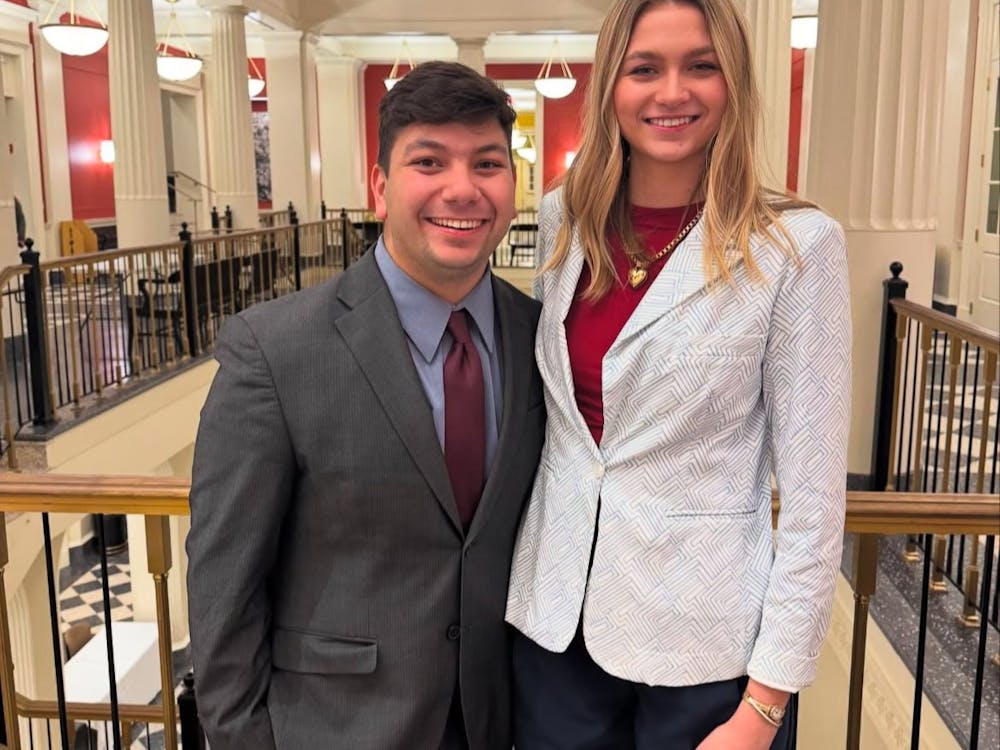After her high school years were disrupted by the COVID-19 pandemic, Miami University junior Autumn Allen stepped onto campus in August excited for a taste of normal.
Three days later, the media and communication major tested positive for COVID-19. And she wasn’t alone.
On Sept. 13, Miami’s COVID-19 Task Force sent a campus-wide email stating there’s been “a spike in cases the first few weeks of the semester, and the Butler County General Health District (BCGHD) recommends that we treat this as an outbreak.”
Erin Smiley, the Butler County health promotion director and public information officer, said only two or more people need to report the illness for it to be considered an outbreak, but self-reports don’t necessarily reflect the true number of cases.
“[Reports are] not a reliable source to tell us what transmission currently is,” Smiley said. “What … is much more reliable is wastewater surveillance.”
Wastewater surveillance is the testing of wastewater for contaminants and pathogens. Butler County has two locations where wastewater is held: Oxford and Hamilton. Smiley said both watersheds reported an increase in COVID-19 indicators.
“Over 80% of the samples taken included SARS-COV genetic material, aka the virus,” Smiley said. “That told us that there’s something going on, and the incidence rate at which people are reporting their cases is not accurate.”
Jayne Brownell, senior vice president for Student Life and member of the COVID-19 Task Force, said the university was ready to deal with this increase.
“We are at a point where we pretty much know that when August comes and 20,000 students come back together, we’re going to have a spike in COVID,” Brownell said. “This has happened each year, and each year that has lasted three to four weeks and then settles down a bit.”
Like Allen, Brownell also got COVID-19 at the beginning of this semester. She and her co-worker, Steve Large, assistant vice president of Health and Wellness of Student Affairs, tested positive the day before classes started. This caused her to miss events during welcome week.
“I’m typically out there trying to get to know students and welcome them,” Brownell said.
Allen also missed out on some important introductions during the first week. Since she tested positive on Aug. 30, she wasn’t able to attend her first few classes and struggled to grasp how they were structured.
Enjoy what you're reading?
Signup for our newsletter
“I felt like I missed a lot of key points that would have probably gone over in class,” Allen said.
Despite missing three days of classes, Allen said her school work wasn’t affected much and professors were understanding of her situation.
As of Sept. 20, Smiley said the incident rate in Butler County is down from 149 per 100,000 residents at the time Miami’s email went out to 78.4 per 100,000 residents. She said she believes that things are starting to level out again. To keep more outbreaks from happening, Smiley recommended students take precautions against the virus.
“Get vaccinated, especially if you are around folks that are at higher risk,” Smiley said. “We have a new vaccine that is going on the shelves as we speak. So get vaccinated, be proactive.”




